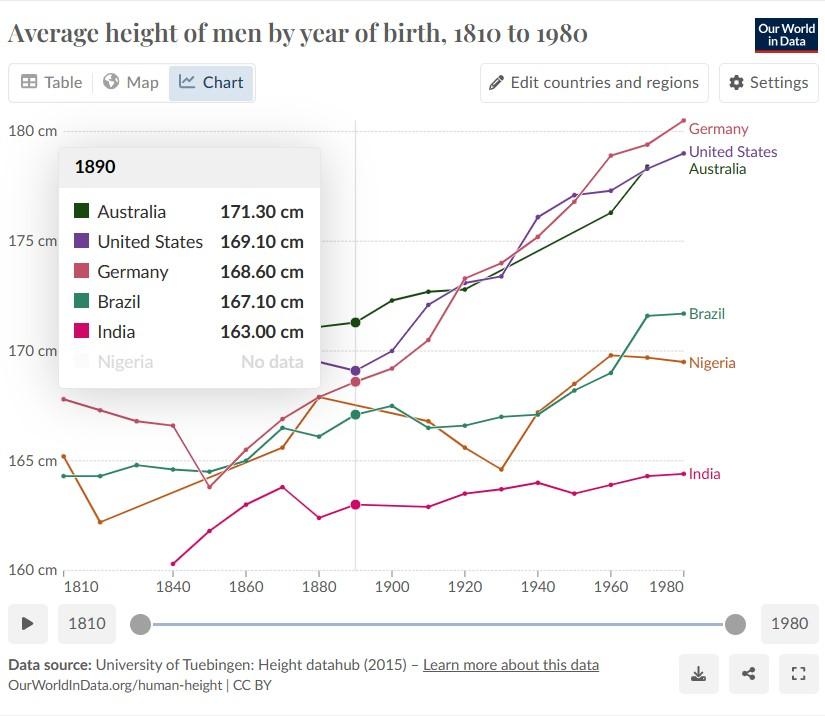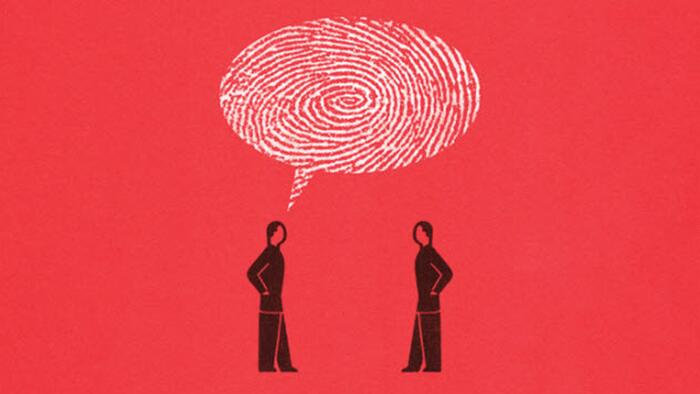
I would love to see Chris Carters Balance of Power updated to a 2024 version. No change to mechanics but just a different starting scenario. I would also love a really big re-do of the Lords of Midnight Series - I still play the old rotoscope version. And I always loved Reach for the Stars on C64 but the PC upgrade version lost something in the conversion - so I'd like to go back to the C64 version and just upgrade the interface plus add Multiplayer Online. I'm looking forward to the Age of Mythology reboot (already have it setup for preinstall) - but I also know that in current year it may also be terrible. But the graphics certainly look enticing.

I haven't seen the movie yet - will wait for it on download but I just have one thing to say - What the fuck were they thinking casting 55 year old Cate Blanchett as 22 Year Old Lilith?
Kyle Gass is a talentless cunt who's always ridden on Jack Blacks coat tails.







The fucking race swapping. I'm talking about the new Olivia Colman movie Wicked Little Letters - which I quite enjoyed - it's based on a true story set in England in 1920's. And of course they fucking made the female Cop Black, the Boyfriend Black and the Judge Black, In reality they were all white and the boyfriend was in fact a husband - so they took a White Husband from the 2nd main character and gave her a black boyfriend instead. The female cop who actually did solve it in real life is of course no longer white and the Judge in the case who was also white in reality is now Black. In real life the UK didn't get a black judge until 1978 (Tunji Sowande).
In recent years, modern gaming has come under scrutiny like never before. Critics argue that video games, movies, and books should reflect reality, adhering strictly to its norms and values. However, this attack on modern gaming is fundamentally misguided, as it fails to recognize the crucial role of escapism in our lives. Escapism isn't just a frivolous diversion; it's a vital aspect of human nature, allowing us to explore alternate worlds, narratives, and identities beyond the constraints of reality.
At its core, escapism serves as a refuge from the pressures and stresses of everyday life. In a world where responsibilities, conflicts, and uncertainties abound, the ability to immerse oneself in a virtual realm offers a much-needed respite. Whether it's embarking on epic quests, solving intricate puzzles, or simply experiencing fantastical adventures, gaming provides a gateway to realms where the impossible becomes possible.
However, the notion that escapism should mirror reality is deeply flawed. Escapism thrives precisely because it offers an escape from reality, not a reflection of it. Just as literature transports readers to distant lands and movies whisk viewers away to imaginative worlds, video games have the power to transport players to realms of fantasy and wonder. Insisting that these mediums adhere strictly to the conventions of reality not only stifles creativity but also undermines their very purpose.
Moreover, the argument that escapism should reflect reality overlooks the diverse needs and preferences of individuals. While some may seek out games that mirror their own experiences, others crave the thrill of exploring unfamiliar worlds and narratives. Just as not all books must be grounded in reality or all movies must depict everyday life, video games should be celebrated for their ability to cater to a wide range of tastes and interests.
Furthermore, the demand for realism in escapism ignores the fact that reality itself is often flawed and fraught with challenges. For many, escapism serves as a means of transcending the limitations of reality, offering hope, inspiration, and empowerment in the face of adversity. Whether it's overcoming impossible odds, forging deep connections with virtual characters, or exploring the depths of human imagination, gaming provides avenues for personal growth and self-discovery that transcend the confines of reality.
In essence, the attack on modern gaming is not just an attack on escapism; it's an attack on the fundamental human desire to explore, imagine, and create. Rather than constraining gaming to fit narrow definitions of realism, we should celebrate its ability to transport us to worlds beyond our wildest dreams. By embracing escapism in all its forms, we affirm the importance of imagination, creativity, and self-expression in shaping our lives and enriching our experiences.
In conclusion, the assault on modern gaming is ultimately an assault on escapism itself. As we navigate an increasingly complex and challenging world, the need for avenues of escape becomes more pressing than ever. By recognizing the value of escapism and defending its role in modern gaming, we affirm our right to explore, imagine, and create without the constraints of reality. After all, in a world where anything is possible, why should we limit ourselves to what is real?


Steroids. I won't go out into the main night life strips in any Australian city any more because there is too many retarded bodybuilder types on steroids looking for fights. And it's always the worst sub types - middle easterns and southern europeans - because they have such fragile egos and know that they are shit people. But they betray their self belief with the targets they choose - no one that's bigger than them or looks like he can handle himself - they go for the weakest just like school bullies. Of course there is worse - the steroid cocaine combo.
The Duty Points Act of 2024
An Act to establish a system of Duty Points for the purpose of determining the eligibility of citizens to vote in federal, state, and local elections.
Be it enacted by the Senate and House of Representatives of the United States of America in Congress assembled,
SECTION 1. SHORT TITLE.
This Act may be cited as the "Duty Points Act of 2024".
SECTION 2. DEFINITIONS.
In this Act, unless the context otherwise requires,
(a) "citizen" means a person who is a citizen of the United States of America;
(b) "Duty Points" means the points assigned to a citizen based on their contributions and actions towards the society, as specified in section 3 of this Act;
(c) "voting age" means the age of 18 years or older;
(d) "voting threshold" means the minimum number of Duty Points required for a citizen to be eligible to vote, as specified in section 4 of this Act.
SECTION 3. ASSIGNMENT OF DUTY POINTS.
(a) A citizen shall be assigned Duty Points according to the following criteria:
(i) A citizen shall receive 100 Duty Points upon being born in the country or upon being naturalized as a citizen;
(ii) A citizen shall receive 200 Duty Points for each year of service in the country's military;
(iii) A citizen shall receive 50 Duty Points for each year of service in the country's civil service;
(iv) A citizen shall receive 20 Duty Points for every $10,000 paid in taxes to the federal, state, or local government;
(v) A citizen shall receive between 100 and 500 Duty Points for being awarded a "Person of the Year" honor by the President or the Congress, based on their achievements and merits in various fields;
(vi) A citizen shall receive 50 Duty Points for having a college degree or higher education;
(vii) A citizen shall receive 10 Duty Points for each donation of blood or organs;
(viii) A citizen shall receive 5 Duty Points for each hour of volunteering for a charitable cause;
(ix) A citizen shall receive 100 Duty Points for each adoption of a child or a pet;
(x) A citizen shall receive between 100 and 500 Duty Points for inventing or innovating something that benefits society, as determined by a panel of experts;
(b) A citizen shall lose Duty Points according to the following criteria:
(i) A citizen shall lose 1000 Duty Points for committing murder;
(ii) A citizen shall lose 500 Duty Points for committing rape;
(iii) A citizen shall lose 100 Duty Points for committing theft;
(iv) A citizen shall lose 200 Duty Points for lying under oath or perjury;
(v) A citizen shall lose 100 Duty Points for driving under the influence or DUI;
(vi) A citizen shall lose 500 Duty Points for tax evasion or fraud;
(vii) A citizen shall lose 300 Duty Points for assault or battery;
(viii) A citizen shall lose 400 Duty Points for cybercrime or hacking;
(c) The assignment of Duty Points shall be recorded and updated by the Department of Duty Points, which shall be established under the authority of the Secretary of State.
(d) A citizen shall have the right to access, review, and appeal their Duty Points record, in accordance with the rules and regulations prescribed by the Department of Duty Points.
SECTION 4. VOTING ELIGIBILITY.
(a) A citizen who has reached the voting age and has accumulated at least 1000 Duty Points shall be eligible to vote in any federal, state, or local election.
(b) A citizen who has not reached the voting age or has less than 1000 Duty Points shall not be eligible to vote in any federal, state, or local election.
(c) The Department of Duty Points shall provide a list of eligible voters to the relevant election authorities before each election.
(d) The Department of Duty Points shall verify the identity and Duty Points status of each voter at the polling station or through online or mail-in voting.
SECTION 5. EFFECTIVE DATE.
This Act shall take effect on January 1, 2025.






